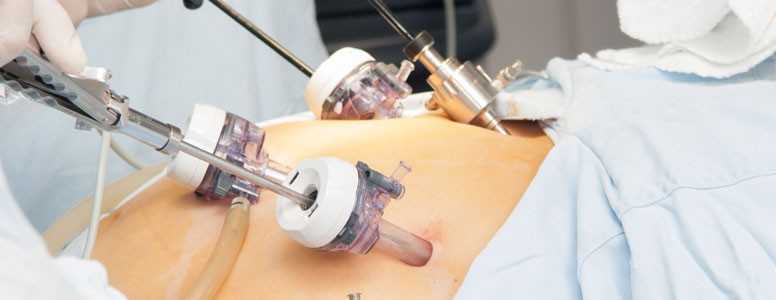The Roux-en-Y gastric bypass (RYGB) weight loss surgery has been found to result in greater glucose control than Laparoscopic Adjustable Gastric Banding (LAGB), although this effect appears to plateau beyond 10 per cent weight loss.
It is estimated that RYGB leads to resolution of type 2 diabetes in more than 80 per cent of obese patients following the procedure. In the majority of patients, this happens within days, long before the surgery has caused any significant weight loss.
It is not uncommon that some patients experience, for example, a rapid resolution of their insulin resistance even though they have only lost ten pounds of the two hundred excess pounds they had.
A number of hypotheses have been put forward to explain this phenomenon. Aspects of the surgical procedure itself as well as the post-surgical diet have previously been thought to play a role.
In this recent study, published in Diabetes Care, researchers suggest that it might have to do with timely RYGB-induced hormonal changes.
Marlena M. Holter, from Columbia University in New York City, and her colleagues have found that substantial changes to the incretin hormone Glucagon-like peptide 1 (GLP-1) occur after RYGB before significant BMI changes take place.
Until now, it was unknown whether this incretin effect was the cause or rather the effect of surgically induced weight loss. But, the results Holter obtained tend to decouple body weight changes from hormonal changes.
Glucose control benefits were especially significant in patients one year after RYGB, at 10 per cent weight loss, before they level off at 20 per cent weight loss and eventually equate those obtained with LAGB.
Researchers believe that hormonal changes responsible for greater glucose control are attenuated after larger weight loss occurs because the body reached a state of homeostasis through the effect of GLP-1.
Glucagon is insulin’s mirror hormone and acts by raising blood glucose when it drops below normal. One study has found that GLP-1 was significantly elevated (increasing almost three fold) six weeks after RYGB surgery, despite participants still being obese.
This study confirms what was long believed, that GLP-1 levels being dramatically increased after gastric bypass contributes to improvement in glucose regulation much more so than weight loss, as these effects manifest early on.
There is evidence that GLP-1 is increased to a lesser degree after LAGB, which could make RYGB a preferable weight loss surgery over LAGB for patients primarily seeking better glucose control outcomes.
What's new on the forum? ⭐️
Get our free newsletters
Stay up to date with the latest news, research and breakthroughs.





